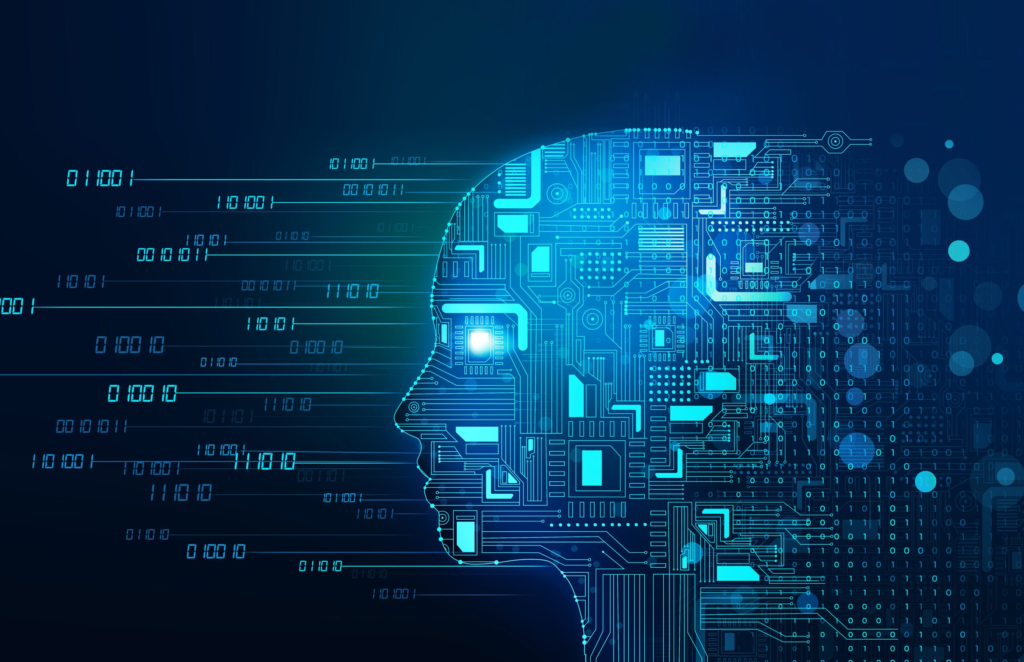
In the unyielding search for technological advancement, the blend of quantum processing and artificial brains has emerged as a groundbreaking frontier: Quantum AI. This convergence promises to revolutionize the capabilities of AI systems, Quantum AI their computational ability and enabling them to tackle challenges that were once considered insurmountable.
The Quantum Advantage: Harnessing Quantum Movement for AI
At the heart of Quantum AI lies the transformative power of quantum processing. Unlike time-honored computers that operate based on binary bits, quantum computers leverage qubits, which can exist in multiple states simultaneously thanks to the principles of superposition and entanglement. This inherent parallelism enables quantum computers to process vast amounts of data and explore countless possibilities in parallel, making them ideally suited for handling the complex computations required by AI algorithms.
By harnessing the unique properties of qubits, Quantum AI algorithms can outperform their time-honored counterparts in tasks such as optimization, machine learning, and cryptography. From optimizing supply chains and financial portfolios to augmenting drug discovery and genome sequencing, the potential applications of Quantum AI are virtually limitless.
Breaking Barriers: Overcoming Computational Limits
One of the most significant advantages of Quantum AI is its capacity to go beyond the computational limits of time-honored computers. Traditional AI algorithms often battle with scalability when up against massive datasets or complex optimization problems. Quantum AI, however, grows in these scenarios, thanks to its inherent parallelism and exponential computational power.
For example, Quantum AI algorithms can solve optimization problems exponentially faster than time-honored algorithms, enabling businesses to make better decisions and improve resources more efficiently. In the field of machine learning, Quantum AI holds the promise of unlocking new advancements by enabling the training of more complicated models on larger datasets, leading to more accurate prophecy and information.
Navigating the Quantum Landscape: Challenges and Opportunities
Despite its immense potential, Quantum AI is not without its challenges. Building and climbing quantum hardware remains a formidable task, with researchers determined to improve qubit coherence times, reduce error rates, and enhance overall reliability. Moreover, developing Quantum AI algorithms requires expertise at the intersection of quantum processing, mathematics, and machine learning, creating a scarcity of skilled professionals in the field.
However, these challenges also present opportunities for innovation and collaboration. As governments, firms, and academia invest in quantum research and development, the pace of progress in Quantum AI is augmenting. Cross-disciplinary collaborations between physicists, computer scientists, and domain experts are containing new information and providing the way for groundbreaking advancements in the field.
By using the future: The Promise of Quantum AI
Looking ahead, the future of Quantum AI is filled with promise. As quantum hardware continues to improve and Quantum AI algorithms are more sophisticated, we can expect you’ll see rapid advancements in a wide range of industries. From revolutionizing healthcare and transportation to optimizing energy systems and enhancing cybersecurity, the impact of Quantum AI will be felt across society.
Moreover, Quantum AI has the potential to spark a new era of innovation and discovery, enabling scientists to tackle probably the most pressing challenges facing the human race. Whether it’s developing new materials with freakish Quantum AI for risk management in Australian trading, unraveling the mysteries of the universe, or creating intelligent systems capable of surpassing human brains, Quantum AI holds the key to unlocking new frontiers of knowledge and possibility.
In conclusion, Quantum AI represents a paradigm shift in the field of artificial brains, offering freakish computational power and the ability to solve complex problems at scale. As researchers continue to push the limits of quantum processing and AI, we stand on the brink of a new era of innovation, where the limitations of traditional processing are no longer a barrier to advance.